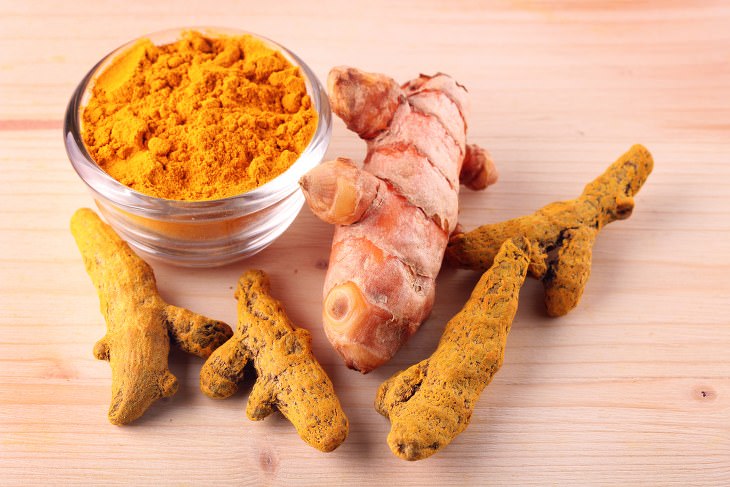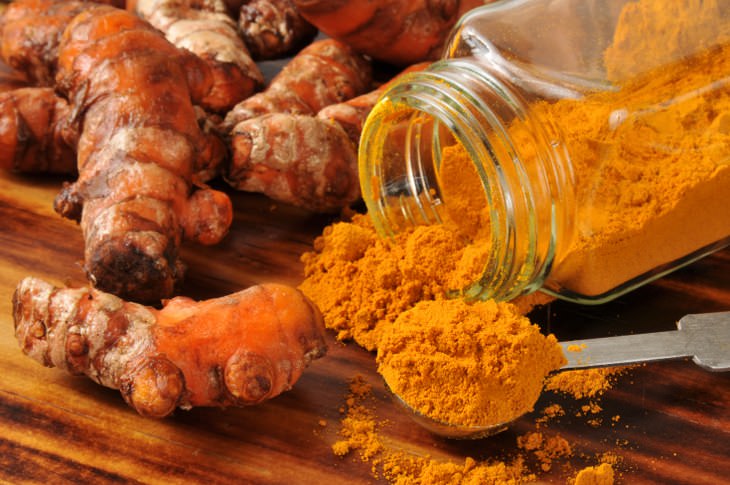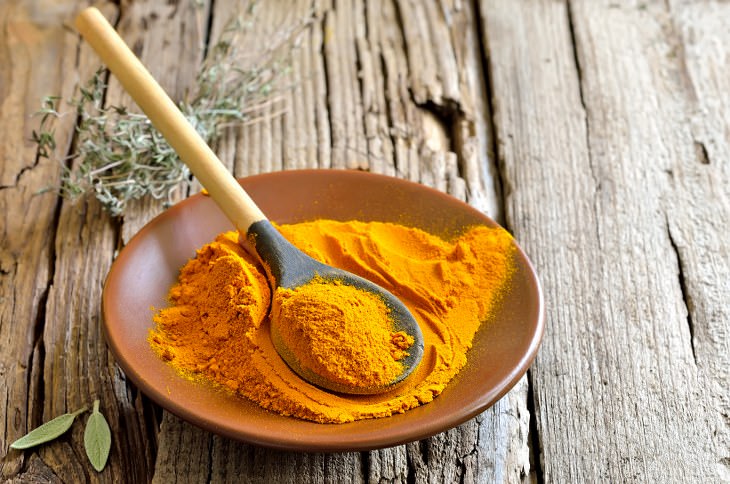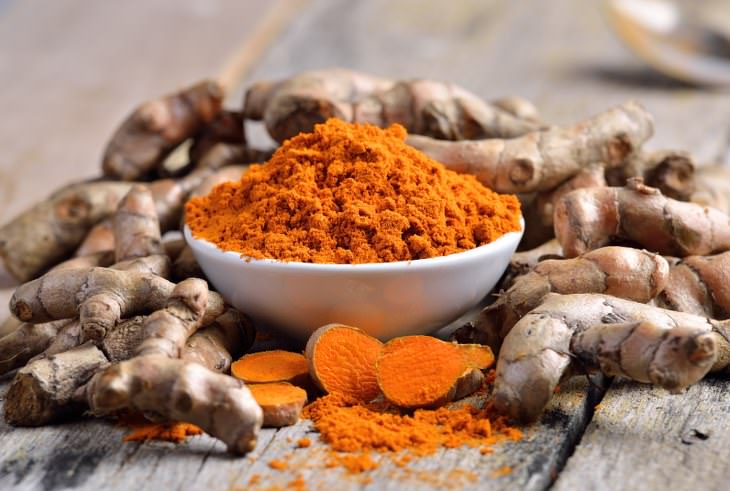Astrologer Vighnesh India: +91 9445548316 / 9382633377 USA: +1 (425) 358-6565 / +1 (716) 777-3857 Wat'sapp..Consultation by web appointment www.astrovighnesh.com
Astrologer in US : #Astrologer in USA : #Astrologer in India : #Astrologer in Chennai : # Best Astrologer in :#Pancha Pakshi Astrology : #Astrologer in Malaysia : #Astrologer in Sri Lanka : #Astrologer in Dubai : #Astrologer in UAE
You
are probably aware that turmeric is one of the most potent superfoods
you could possibly get your hands on. But did you know that turmeric is
actually roughly as potent as many kinds of medication? Keep reading to
discover what kinds of medication can possibly be replaced or
supplemented by turmeric:
A
2008 study revealed that a standardized preparation of curcuminoids
from turmeric had very similar effects to atorvastatin (trade name
Lipitor) when it came to treating endothelial dysfunction, a driver for
atherosclerosis. It was also associated with reductions in oxidative
stress and inflammation in type 2 diabetic patients.
Research
shows that curcumin has even more anti-platelet and prostacyclin
modulating effects than aspirin. This goes to show that it could be
useful to patients prone to vascular thrombosis, who often require
anti-arthritis therapy.
Numerous
studies have found that turmeric can be just as effective as many kinds
of steroids. One found that the curcumin found within turmeric compared
favorably to steroids used to treat the inflammatory eye disease known
as anterior uveitis. Other studies also found that chemicals found
within turmeric are just as effective as steroidal drugs that tackle
lung ischemia-reperfusion injuries and those that protect injuries
caused by lung transplants.
Curcumin
has also been found to be an effective alternative to a whole host of
anti-inflammatory drugs. These include ibuprofen, aspirin,
phenylbutazone, naproxen, sulindac, dexamethasone, celecoxib,
indomethacin, diclofenac, and tamoxifen, particularly when it comes to
exerting anti-inflammatory and anti-proliferative activity against tumor
cells.
Curcumin
has also been touted as being highly valuable in the treatment of
diabetes. One study found that it suppresses gluconeogenic gene
expression (which suppresses glucose production in the liver) in
hepatoma cells, while simultaneously activating AMPK (which increases
glucose uptake). What's more, the researchers actually discovered that
curcumin is between 500 and 100,000 times more powerful than metformin
in activating AMPK and its downstream target acetyl-CoA carboxylase
(ACC).









